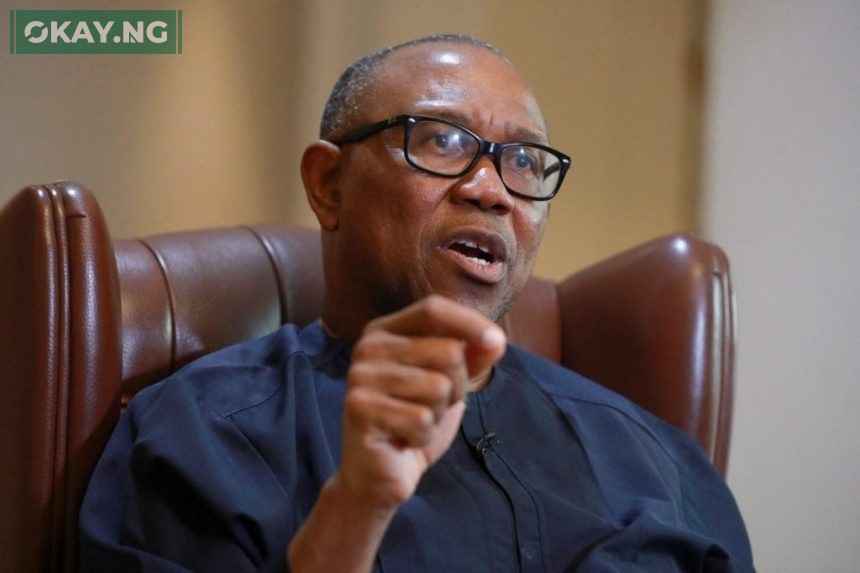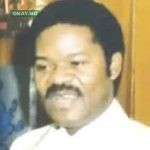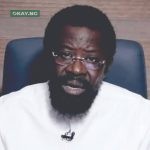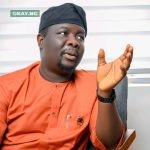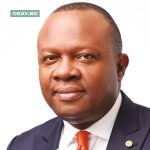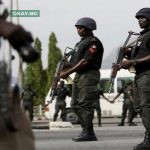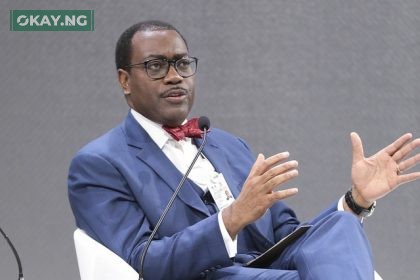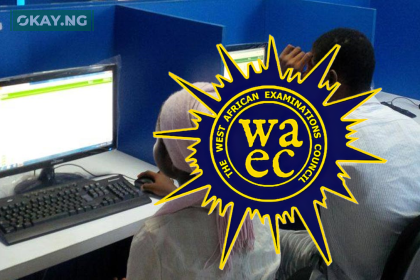Former Labour Party presidential candidate Peter Obi has lauded the contributions of former military president, General Ibrahim Badamasi Babangida (IBB), to Nigeria’s economic growth and national unity.
Obi made these remarks during the launch of Babangida’s long-awaited autobiography, A Journey in Service, held at the Transcorp Hilton in Abuja.
Obi, in a statement via his official X (formerly Twitter) account, emphasized the significance of Babangida’s leadership, particularly in fostering entrepreneurship and strengthening Nigeria’s economic landscape.
“IBB’s contributions to Nigeria’s economy and his strong support for entrepreneurship and private sector growth remain immeasurable,” Obi stated.
Reflecting on Babangida’s tenure, Obi highlighted the economic advancements Nigeria made under his administration, particularly in the financial sector.
“Under his leadership, Nigeria witnessed substantial growth, particularly in the financial sector. He played a key role in fostering a united and equitable Nigeria, ensuring policies that strengthened national cohesion and economic development,” he noted.
The former Anambra State governor underscored the importance of documenting the experiences of past leaders, describing it as a crucial step in learning from history.
“Documenting such experiences is a welcome development, as it allows us to learn from those who have served and left a lasting impact on the nation,” he said.
“I look forward to reading this book, which undoubtedly holds valuable lessons. As someone committed to continuous learning, I will always align myself with knowledge drawn from documented experiences and historical records, as well as contributing to the legacy library.”
Obi also shared two critical takeaways from the keynote address delivered at the book launch, one of which was a thought-provoking statement in French: “Rien n’a changé”—translated as “Nothing much has changed.”
He lamented that Nigeria’s development trajectory has worsened compared to other nations that were once on a similar footing.
“In the case of Nigeria, we are worse off than we were during IBB’s era. Using our contemporary peers as a benchmark, when IBB left office in 1992, countries like Bangladesh, India, Vietnam, and Ghana were all in the low Human Development Index (HDI) category—just like Nigeria. Today, however, these nations have advanced to medium and high HDI levels, while Nigeria remains in the low HDI category, having either stagnated or declined,” Obi observed.
The former presidential candidate also drew comparisons between Nigeria’s electoral system and that of Ghana, praising the West African neighbor for its sustained democratic governance over the past three decades.
“The keynote speaker’s comment that Ghana has remained a truly democratic country for the past 30 years, with leadership transitions that reflect the genuine votes of the people, is a point of reflection,” Obi said.
He further noted the contrast between both nations, stressing that in Ghana, ruling party candidates have conceded defeat in elections, demonstrating a commitment to democratic principles.
“Unlike Nigeria, where electoral outcomes often fail to reflect the people’s will, Ghana has witnessed instances where ruling party candidates conceded defeat, respecting democracy in its truest form,” he added.
One of the most profound moments of the event, according to Obi, was Babangida’s public acknowledgment of the true outcome of the historic June 12, 1993, presidential election.
“Lastly, of the most profound moments of the event was IBB’s admission that Chief MKO Abiola won the June 12 election. This acknowledgment is a step toward national healing, unity, and progress of our nation,” Obi stated.
He expressed hope that other key political figures in Nigeria’s democratic history would find the courage to admit the true winners of past elections, allowing the nation to move forward with honesty and reflection. “I hope that one day, other key players in Nigeria’s democracy will find the courage to recognize the true winners of past elections, allowing our nation to tell its story with honesty and reflection,” he concluded.
Obi ended his statement with a call to action, reiterating his vision for a better Nigeria: “A New Nigeria is POssible!”


